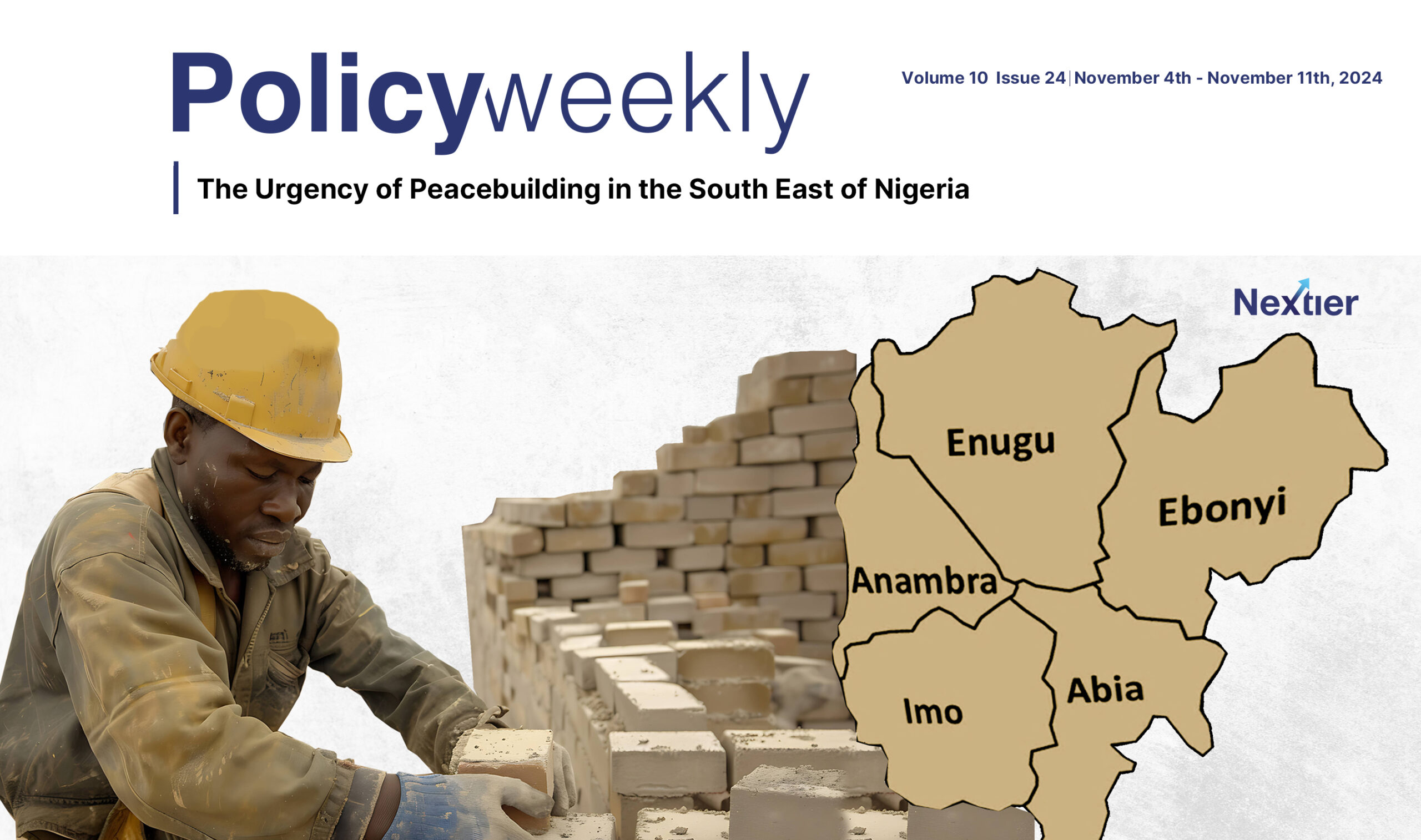A comprehensive but simplified idea of peacebuilding by the Kroc Institute for International Peace Studies is given as the development of constructive personal, group and political relationships across ethnic, religious, class, national and racial boundaries to resolve issues of injustice or structurally embedded non-physical but harmful violence, in non-violent ways. Broader thinking about peace and violence would typically lead us to Galtung’s (1969) idea that apart from physical violence, deliberate political, economic, religious, cultural and legal obstacles that society places on groups of people constrain them from attaining the quality of life that would otherwise have been possible, is called structural violence. This violence relates to the hindrances subtly tied to institutions like policy processes and laws to constrain some groups. When, for instance, the government allocates values unfairly, whether in the distribution of visible values like infrastructure, employment, particular interventions to the imperfect, or spaces for equitable participation in government, it is structural violence, and we commonly reference it as marginalisation.
Thus, this edition of the Nextier SPD Policy Weekly considers the urgency of peacebuilding in the South East.
Click here to download.




